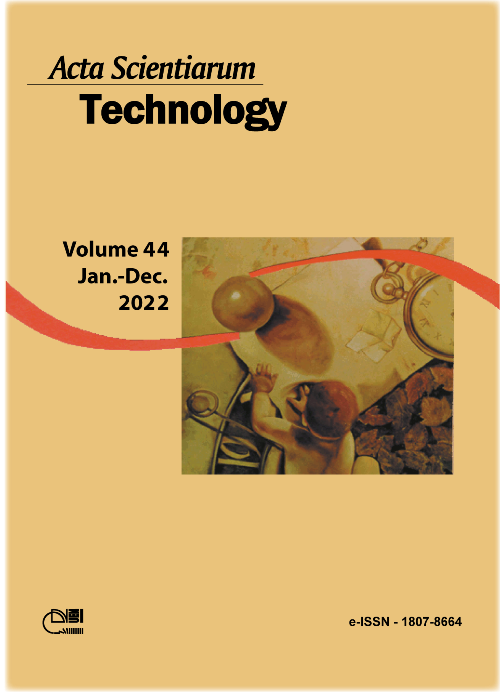Cross-cultural usability evaluation of AI-based adaptive user interface for mobile applications
DOI:
https://doi.org/10.4025/actascitechnol.v44i1.61112Palavras-chave:
Artificial intelligence (AI); CIAUI (culturally inclusive adaptive user interface) framework; cross-cultural inclusivity; digital footprint; plasticity of user interface design; SVM classifiers; usability evaluationResumo
With the widespread purchase of mobile communication devices and their extensive usage in every aspect of life, allied with global mobility and market penetration - a more culturally universally adaptable interface has become a priority. This pliable interface must conform continuously with the changing abilities of the end user and the person´s culture, irrespective of the prevailing ambient culture. The information required to customise this interface must be derived from the user´s actual digital footprint and not on their feedback. This treatise presents the usability evaluation results of a culturally inclusive and ubiquitous mobile learning (M-Learning) platform (`Mobile Academy´), with an AI-based adaptive user interface which takes the snapshot of the installed apps on a smartphone as input, predicts the user´s cultural affiliation as well as the language preference and thus offer a culturally customised user interface as the output. The proof of concept (PoC) prototype has been developed based on the CIAUI (Culturally Inclusive Adaptive User Interface) framework, using plasticity of user interface techniques. This approach was taken to test the affordability of developing inclusive applications, considering the ever growing large global culturally diverse user base. Usability evaluation was then conducted and the results carefully analysed. The results indicated that the PoC exhibited enhanced cross-cultural usability and affordability of such techniques. The evaluation results of the PoC also advocates in favour of the user´s cultural profiling based on the mobile usage data, particularly a single snapshot of installed apps. The research provides direction for future research and application development.
Downloads
Referências
Downloads
Publicado
Como Citar
Edição
Seção
Licença
DECLARAÇíO DE ORIGINALIDADE E DIREITOS AUTORAIS
Declaro que o presente artigo é original, não tendo sido submetido í publicação em qualquer outro periódico nacional ou internacional, quer seja em parte ou em sua totalidade.
Os direitos autorais pertencem exclusivamente aos autores. Os direitos de licenciamento utilizados pelo periódico é a licença Creative Commons Attribution 4.0 (CC BY 4.0): são permitidos o compartilhamento (cópia e distribuição do material em qualqer meio ou formato) e adaptação (remix, transformação e criação de material a partir do conteúdo assim licenciado para quaisquer fins, inclusive comerciais.
Recomenda-se a leitura desse link para maiores informações sobre o tema: fornecimento de créditos e referências de forma correta, entre outros detalhes cruciais para uso adequado do material licenciado.



















